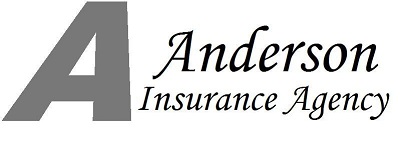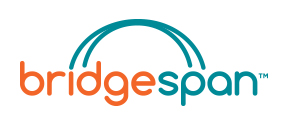Individual Health Insurance
How do I get health insurance in Idaho?
Getting a health insurance plan can be a little tricky if you want to qualify for all the benefits to which you may be eligible. The Idaho state based exchange has our citizens dealing with 3 different entities when purchasing health insurance with an accompanying tax credit. The Idaho Department of Health and Welfare handles eligibility for the APTC (tax credit). Your Health Idaho handles enrollment in and changes to your health insurance plan. Then of course you have the insurance company such as Blue Cross of Idaho through whom you receive your benefits and coverage. As independent brokers, we are skilled in the application process and knowledgeable about the eligiblity criteria. And remember. . . you don’t pay a penny more to work with an insurance broker; the prices are the same.
Do you want to quickly compare health insurance plans in Idaho? The most convenient way to see all plans is through the yourhealthidaho.org website. There you can see all plans available in your area with just your zip code, birth dates, smoking status, and income estimate. However, be sure to speak with one of our knowledgeable agents before applying or choosing a plan. We can help you decide what tax credit (APTC) benefits you may be eligible for to help lower your insurance premiums each month. Additionally, you may be eligible for a Cost Share Reduction (CSR) on a Silver plan which can help reduce your deductible and out of pocket maximum. And if you are not eligible for a tax credit, we can help you determine that before you waste a lot of time and frustration dealing with the yourhealthidaho.org website. If you are not eligible for the tax credit subsidy, then it is much easier to purchase a plan by going direct through one of the links on our home page
What companies offer individual health insurance in Idaho?
Click here for a list from the Idaho Department of Insurance. These are the only companies authorized to sell real individual health plans. Companies selling discount health plans and supplemental health plans are not on their list. Be sure you are dealing with a real health insurance plan so you are well covered and so you don’t become subject to the individual mandate penalty for not having a qualified health plan.
We work with the largest Idaho health insurance companies including Blue Cross of Idaho, Regence Blue Shield of Idaho, SelectHealth, Mountain Health CO-OP, BridgeSpan, and PacificSource. Most of these companies have proven track records of stability and fairness. They are not-for-profit companies, unlike others that have shareholders to pay which only adds an additional layer of costs.
Your health insurance coverage is only as good as the company standing behind it. We too often speak with customers of other insurance companies that are not receiving everything they were promised. The problem is that once you select a plan during open enrollment, you will likley be stuck with that plan the rest of the year, so make sure you are getting the right coverage while you can.
Second, if the idea of tax benefits is obscure, think of it as getting about a 20-30% discount on all your qualified medical, dental, or vision expenses. If for example you are in the 15% federal tax bracket and 6% state, then it is worth a 21% discount. If you are in the 25% federal and 6% state then it is like a 31% discount. If you have ever gone shopping because a store is having a sale, then how can you not like the idea of a year-round sale on all your qualified health expenses.
Third, really consider the tax benefits. Are you currently contributing to a Roth IRA, Traditional IRA, SEP, SIMPLE, 401(k), or some other tax favored investment vehicle allowed under the IRS code? If you are, then great; you should be. However, compare the tax benefits of each of those to the tax benefits of the HSA. With all of those you either get a tax deduction to contribute or you get tax free withdrawals, as is the case with the Roth IRA. None of them give you both. Now consider the tax benefits of an HSA. It offers the best of both worlds: a tax deduction for your contributions and tax free withdrawals.
Google “IRS Publication 969 – Rules Surrounding HSA and Other Tax Favored Accounts” to pull up the IRS Publication that discusses HSA rules
Google “IRS Publication 502 – Qualifying Medical, Dental, and Vision Expenses” to see what items count as qualified medical expenses






